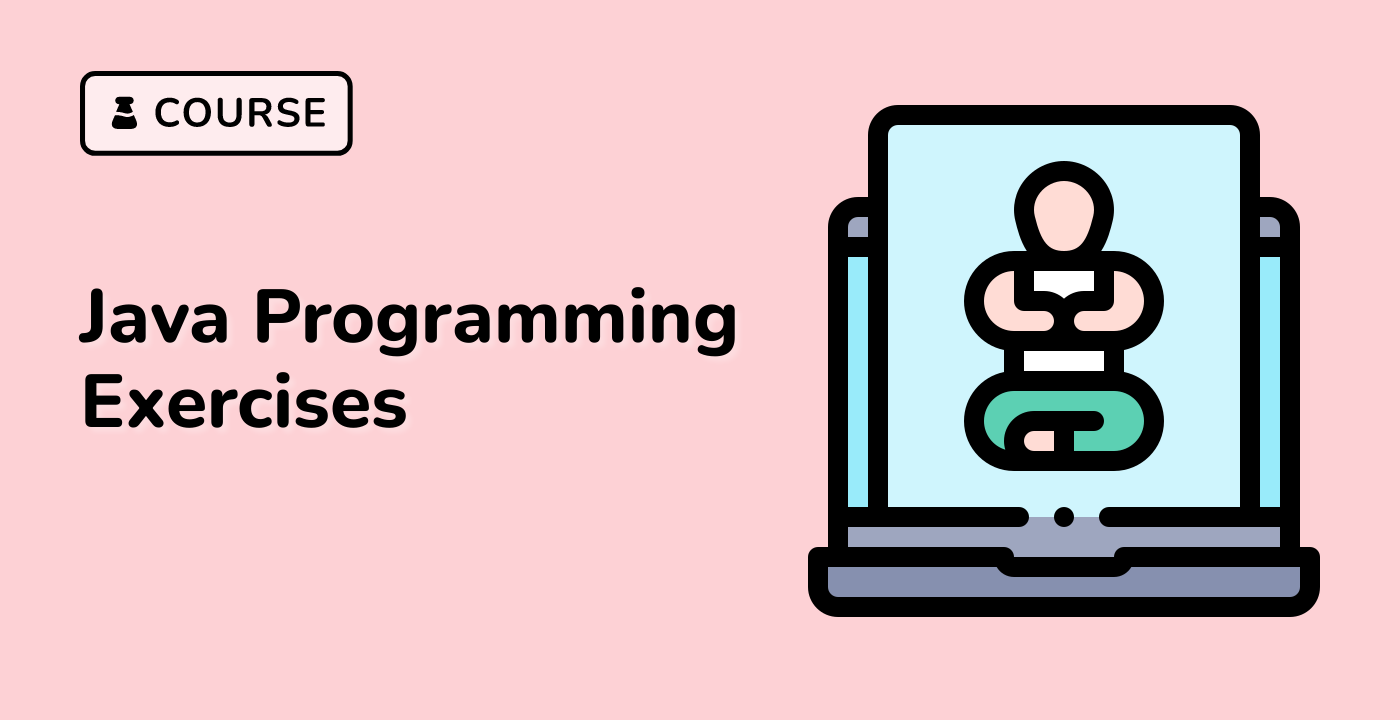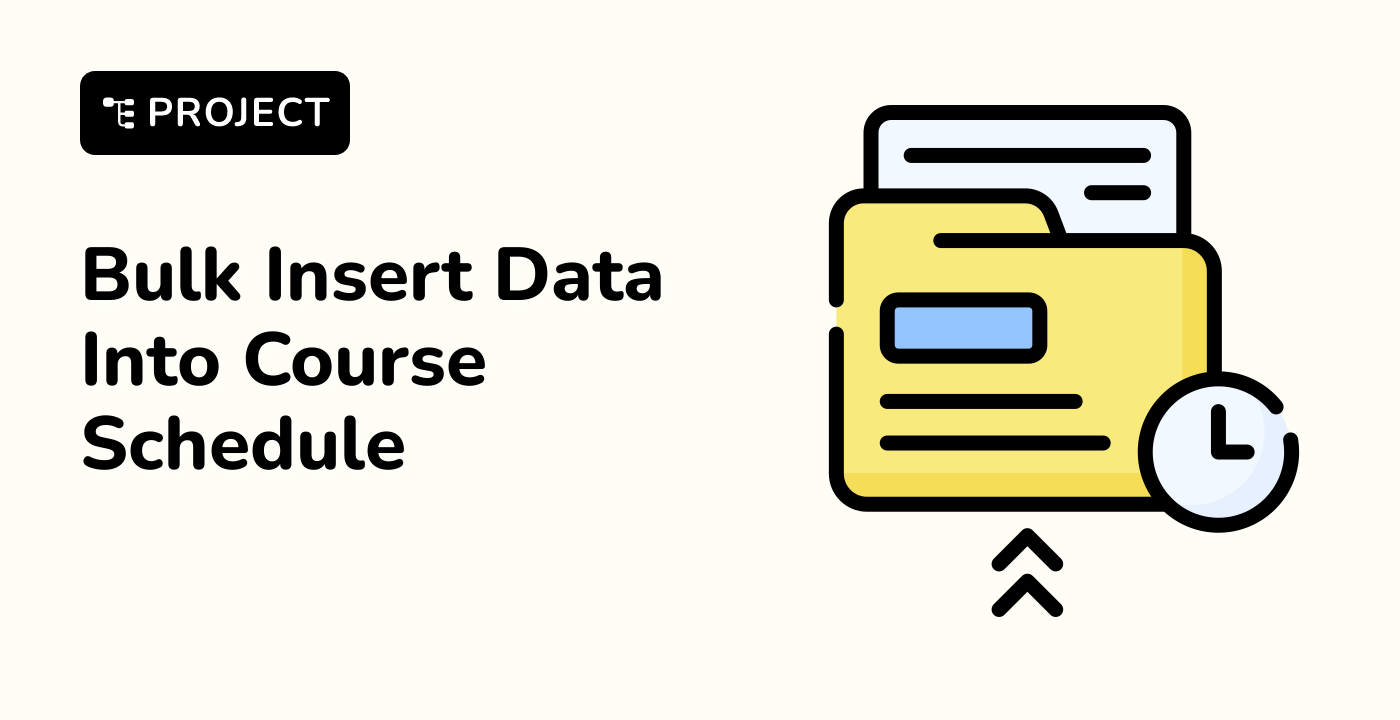Java Syntax Fundamentals
Introduction to Java Syntax
Java is a powerful, object-oriented programming language with a syntax that provides a structured approach to software development. Understanding the fundamental syntax is crucial for writing clean, efficient code.
Basic Syntax Elements
1. Class and Method Structure
In Java, every program starts with a class definition. Here's a basic example:
public class HelloWorld {
public static void main(String[] args) {
System.out.println("Welcome to LabEx Java Tutorial!");
}
}
2. Data Types
Java supports several primitive data types:
| Data Type |
Size (bits) |
Range |
Default Value |
| byte |
8 |
-128 to 127 |
0 |
| short |
16 |
-32,768 to 32,767 |
0 |
| int |
32 |
-2^31 to 2^31-1 |
0 |
| long |
64 |
-2^63 to 2^63-1 |
0L |
| float |
32 |
Decimal numbers |
0.0f |
| double |
64 |
Decimal numbers |
0.0d |
| char |
16 |
Single character |
'\u0000' |
| boolean |
1 |
true or false |
false |
3. Variable Declaration and Initialization
int age = 25;
String name = "LabEx User";
boolean isStudent = true;
Control Flow Structures
Conditional Statements
if (condition) {
// Code block
} else if (another condition) {
// Alternative code block
} else {
// Default code block
}
Loops
flowchart TD
A[Start] --> B{Loop Condition}
B -->|True| C[Execute Loop Body]
C --> B
B -->|False| D[Exit Loop]
For Loop
for (int i = 0; i < 5; i++) {
System.out.println("Iteration: " + i);
}
While Loop
int count = 0;
while (count < 5) {
System.out.println("Count: " + count);
count++;
}
Error Handling Basics
Try-Catch Block
try {
// Code that might throw an exception
int result = 10 / 0;
} catch (ArithmeticException e) {
System.out.println("Error: " + e.getMessage());
} finally {
// Optional cleanup code
}
Key Syntax Best Practices
- Always use meaningful variable names
- Follow consistent indentation
- Use appropriate access modifiers
- Handle exceptions gracefully
- Comment your code for clarity
Conclusion
Mastering Java syntax is the first step towards becoming a proficient Java developer. Practice and consistency are key to improving your skills with LabEx Java tutorials.




